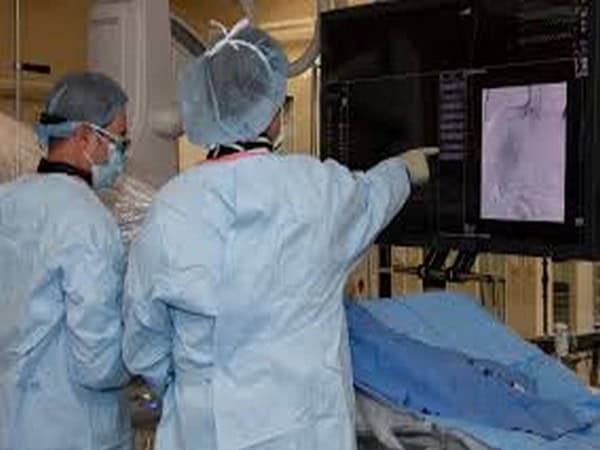New Delhi Early detection and treatment of cervical cancer is vital in the fight against the deadly form of cancer, which accounts for the second highest number of new cancer cases and cancer-related deaths in the country, according to doctors.
Cervical cancer is the second most deadly cancer for women just after breast cancer and India shares the burden of around one-fourth of the world cancer patients. It is estimated that over 96,000 women are diagnosed with cervical cancer every year and over 60,000 die from the disease in the country.
Given such high mortality and morbidity, the awareness about the disease seems to be abysmally low.
“Cervical cancer is a sexually-transmitted disease (STD) but the awareness about the disease is extremely poor in common people, which makes containing cervical cancer a challenge. While societal barriers prevent women -from seeking medical help in advance, it forces women to come out at a later stage when the disease has reached an advanced stage,” Dr Anjila Aneja, Fortis La Femme, New Delhi said during a week-long awareness campaign for
cervical cancer that began on January 21.
Speaking to ANI, Dr Aneja stressed the need to set up more pap smear test centres across the country.
“Diagnostic tests such as the pap-smear test are effective in identifying cancerous tendencies. However, these tests are available with a limited number of providers and largely within the cities. This makes screening sporadic and leaves out women who live in rural areas. What makes screening even more important is the fact that vaccination against the human papillomavirus (HPV) cannot be as effective as screening and it should be mandatory between 21 years to 69 years of age,” she said.
Dr. Amita Shah, from the Columbia Asia Hospital, Gurgaon spoke about the need for early screening and vaccinations to prevent the debilitating disease.
“Many of the cases reach the doctors at a stage where nothing much can be done. But this kind of cancer can be prevented with safe sex practices and diagnostic tests, such as the pap-smear test. Vaccination is not easily available to sexually active women. However, the facility is available with a limited number of providers, mainly in cities.
“Even if one is vaccinated against human papillomavirus (HPV), it cannot replace screening – screening after the age of 40 years is mandatory and improves chances of survival to a great extent,” he said.
Women may notice symptoms like vaginal bleeding after sex, between periods or after menopause. Constant or recurring pelvic pain during intercourse or otherwise and increased urination offer warning signs for the cancer.
Heavy, watery and foul-smelling discharge with blood from the vagina are other signs of cervical cancer.
Although the causes for cervical cancer is not yet clear, some of the risk factors include multiple sexual partners, early sexual activity, smoking, a weak immune system and other sexually transmitted diseases such as chlamydia, gonorrhea, syphilis and HIV/AIDS.
[source_without_link]ANI[/source_without_link]

